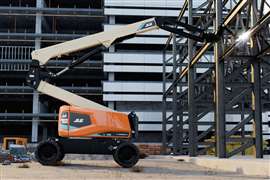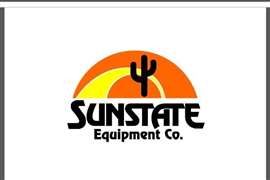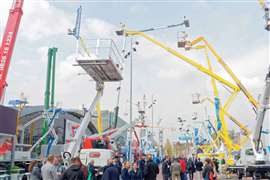Read this article in Français Deutsch Italiano Português Español
Sensors, the foundation of Functional Safety in Elevating Work Platforms
03 December 2024
SPONSORED CONTENT
Sensors are an integral part of the safety chain when considering automation functions for elevating work platforms. When certified, they make it easier to ensure compliance with applicable regulations and worker safety, as well as enable greater productivity.
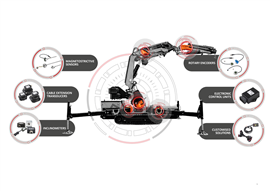
Nowadays, both manufacturers and end users of elevating work platforms (AWPs) and lifting equipment are faced with increasing challenges: a shortage of skilled labor, global competitiveness and the importance of safety for workers require state-of-the-art products that can increasingly work autonomously, efficiently, while at the same time maintaining high safety standards.
In fact, the IPAF 2024 report highlights that even today, accidents on platforms are still something widely prevalent, with falls from the platform and platform tip-over among the leading causes of physical injury to people, often with fatal outcomes.
This is where functional safety comes in, which is that part of the overall safety of a system or product, consisting of electrical, electronic, or electronic-programmable components, that ensures its proper behavior both during normal operation and under fault conditions.
Coupled with logic and actuators, the foundation of safety is undoubtedly sensors. Indeed, providing consistent and reliable measurement is the first step in being able to properly control all major platform functions.

TSM SENSORS’ safety sensors are designed and validated according to the rigorous criteria of IEC 61508 and enable safety instrumented functions up to performance level SIL2, according to IEC 62061, and PLd, according to ISO 13849. Choosing to use a certified sensor facilitates the system designer in the risk assessment and safety instrumented system definition stages, thus avoiding sophisticated calculations or complications of diagnostics.
Certification covers: models in the CET family of cable sensors, from 5m up to 20m, with or without integrated vertical inclinometer, models in the TLP300 family of inclinometers, vertical and horizontal, and the new RTS100 angle sensor with inclinometer option available. All models come with CANopen Safety® digital output, a standard among safety-oriented fieldbuses.
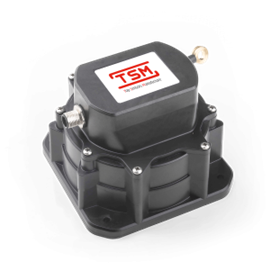
CET series sensors are cable extension transducers suitable for measuring the extension of an articulated hydraulic boom but also the extension of vehicle stabilizing outriggers, as well as the height of the basket of an aerial lifting platform.
TLP300 series sensors are MEMS technology-based inclinometers that provide, through a proprietary sensor fusion algorithm, measurement of static and dynamic inclination, with respect to one or two axes. Single-axis inclinometers are used to detect hydraulic boom or jib tilt while dual-axis inclinometers are used for vehicle leveling.
RTS100 series are Hall effect technology-based angle sensors and are the perfect solution for steering angle measurement or for the rotation of stabilizing outriggers.
Excellent repeatability, high IP rating, vibration and shock resistance, and electromagnetic immunity make these sensors suitable for all off-road and outdoor lifting applications.
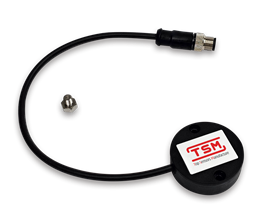
Whether an OEM or a System Integrator, TSM SENSORS is the ideal partner for anyone who wants to automate and digitize their mobile elevating work platforms (MEWP) for greater productivity while making them safer to ensure the well-being of workers.
STAY CONNECTED



Receive the information you need when you need it through our world-leading magazines, newsletters and daily briefings.
CONNECT WITH THE TEAM









